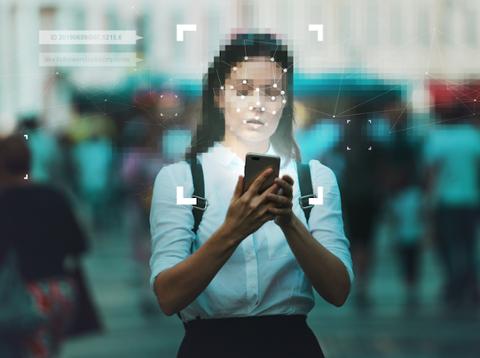Microsoft CEO Satya Nadella thinks that A.I. will only increase the number of humans building software.
During an interview with CNBC, he suggested that A.I.-powered tools will allow more people to generate code and build apps: “I mean, there can be a billion developers. In fact, the world needs a billion developers… So the idea that this is actually a democratizing tool to make access to new technology and access to new knowledge easier, so that the ramp-up on the learning curve is easier.”
He also harkened back to the iconic Steve Jobs quote about a computer serving as a bicycle for the mind, saying: “We now have an upgrade, we have a steam engine for the mind.”
Nadella sounds a lot more optimistic than Google CEO Sundar Pichai, who told The Verge in a recent interview that he wasn’t sure how A.I. would ultimately impact society, particularly with regard to jobs: “I do think there are big societal labor market disruptions that will happen.”
Nadella and Pichai think the accelerating A.I. industry will eventually need oversight and regulation, as well as cooperation between governments and companies. “The leadership that’s required and the coming together of all the parties that is required is challenging, but it has to be done,” Nadella told CNBC.
Both Google and Microsoft are working hard to integrate A.I. not only into their respective search engines (where powerful chatbots will handle more queries as time goes by), but also their productivity software and other products. Meanwhile, smaller companies are experimenting with A.I. in various markets, from data analytics to gaming.
For years, tech pundits have predicted that automation will enable a generation of “citizen developers” building software via increasingly sophisticated no- and low-code tools. Earlier generations of those tools relied on drag-and-drop interfaces and user-friendly workflows; new, A.I.-powered tools such as ChatGPT and Bard generate (and debug) code in response to a natural-language query—a big leap forward. Will that threaten the jobs of full-time software engineers and developers?
That’s the trillion-dollar question. Here’s the optimistic argument: automating lower-level coding functions will free up tech professionals to focus on more creative, innovative aspects of their jobs, such as crafting new features or coming up with system improvements. But that scenario also hinges on tech pros actually learning skills that a machine can’t easily replicate.
It’s also possible that A.I. will create new kinds of jobs. In 2020, The World Economic Forum, which regularly analyzes the potential impact of A.I. on the economy and unemployment, issued a report stating that, by 2025, A.I. would power the growth of 97 million new jobs in the following categories:
- Data analysts and scientists
- A.I. and machine-learning specialists
- Big Data specialists
- Digital marketing and strategy specialists
- Process automation specialists
- Business development professionals
- Digital transformation specialists
- Information security analysts
- Software and applications developers
- Internet of Things (IoT) specialists
But predictions are just that—nobody’s quite sure how the market will actually go. In the meantime, mastering “soft skills” such as empathy, teamwork, and communication can help secure your job against the potential for automation, as well as open up higher-level opportunities as manager and team leader. Learning how to automate processes and build machine-learning models can also help you stand out in a crowded and uncertain market.



